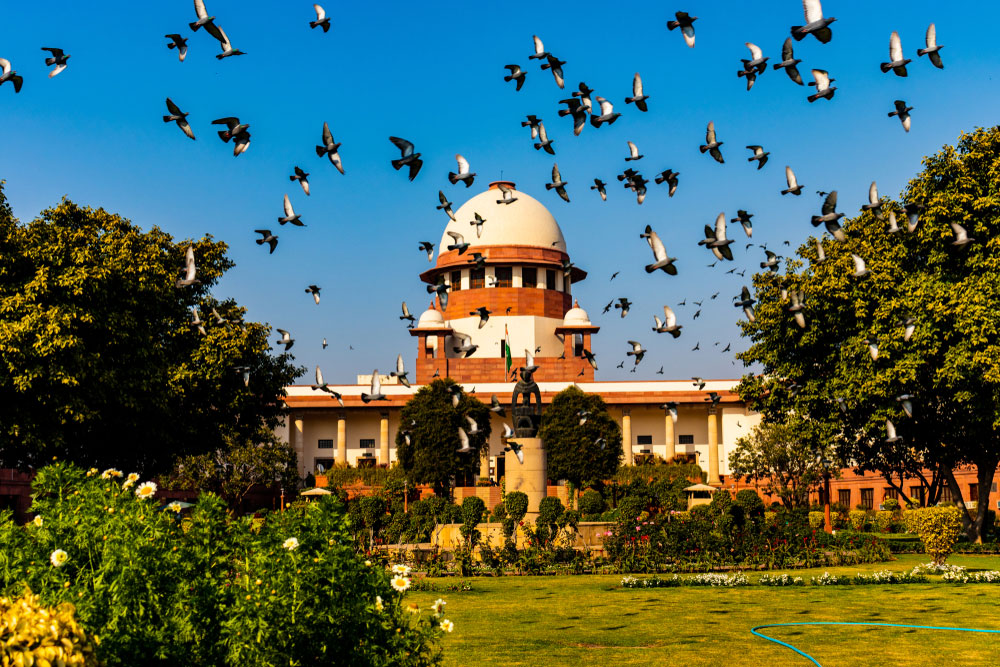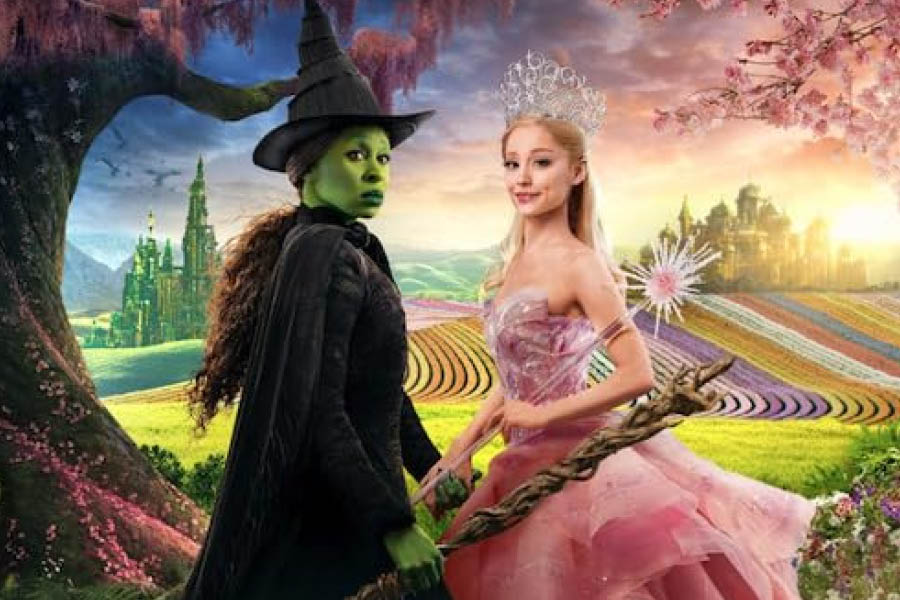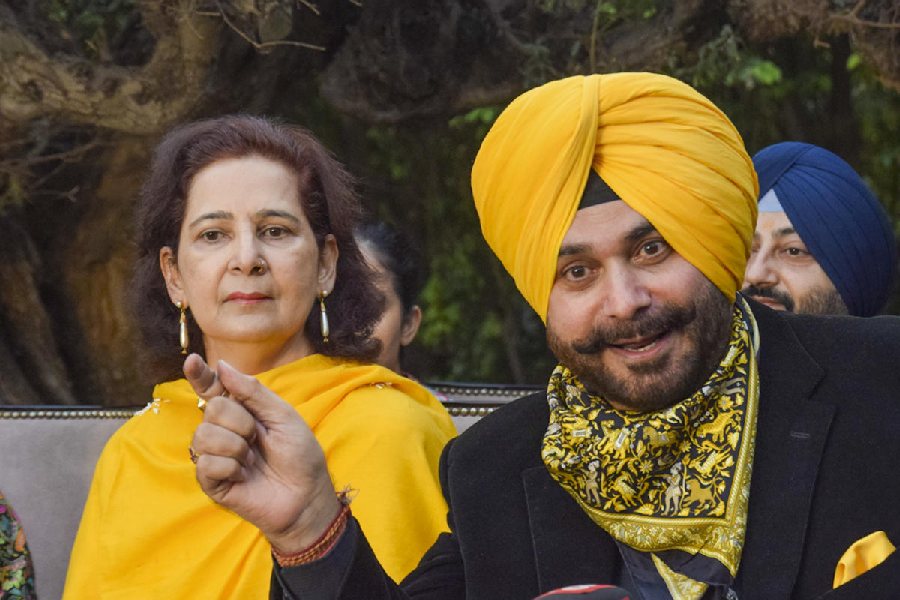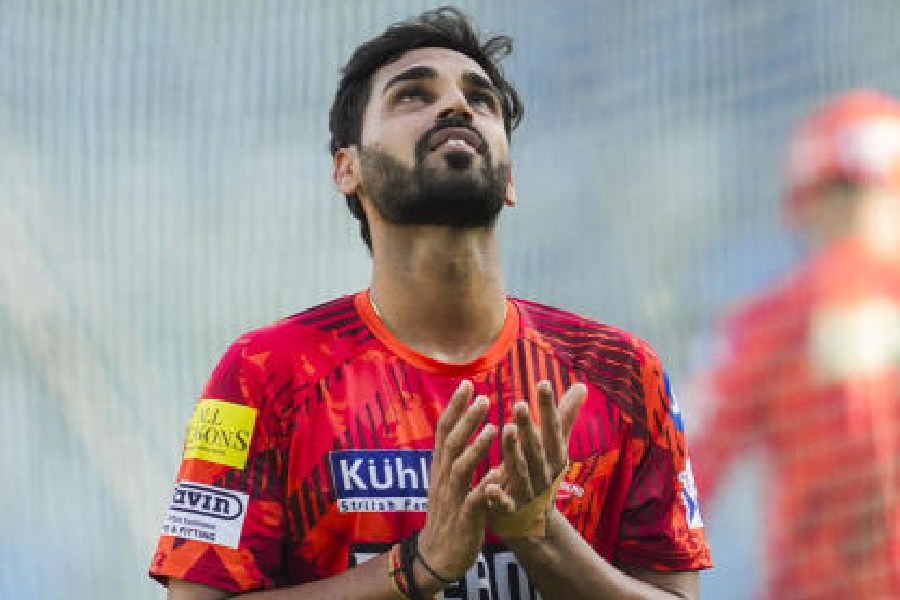The Supreme Court on Wednesday decided to examine the constitutional validity of the amended Citizenship Act but refused to stay its operation.
Parliament recently cleared the act, which grants citizenship rights to religious minorities such as Hindus, Christians, Sikhs, Parsis, Jains and Buddhists, who have come to India on or before December 31, 2014.
The top court issued notice to the Centre on a batch of pleas challenging the Citizenship (Amendment) Act.
A bench comprising Chief Justice S. A. Bobde and Justices B. R. Gavai and Surya Kant fixed 59 petitions, including those filed by the Indian Union Muslim League and Congress leader Jairam Ramesh, for hearing on January 22, next year.
The bench also agreed to the submission of lawyer Ashwini Upadhyay that common people should be made aware about the aim, objects and the contents of the act and asked attorney-general K. K. Venugopal, representing the Centre, to consider using audio-visual medium to make citizens aware.
Venugopal agreed to the suggestion and said the needful would be done by the government.
During the hearing, some of the lawyers, appearing for some petitioners, sought a stay on the operation of the newly-enacted law.
The attorney-general opposed the submission and said there are as many as four judgements, which have held that a law cannot be stayed after being notified.
'We are not going to grant a stay,' the bench said, adding arguments on granting stay can be advanced on January 22, the next date of hearing.
Senior advocate Rajeev Dhavan, who represented one of the parties, said there was no need to seek the stay on the operation of the act as it has not come into force as several things like framing of rules under it are yet to be done.
The Indian Union Muslim League (IUML), one of the petitioners which has challenged the CAA, said in its plea that the law violates the fundamental right to equality and intends to grant citizenship to a section of illegal immigrants by making an exclusion on the basis of religion.
President Ram Nath Kovind had given assent to the Citizenship (Amendment) Bill, 2019, on December 12, turning it into an act.
The plea by IUML, filed through advocate Pallavi Pratap, seeks an interim stay on the operation of CAA and the Foreigner Amendment (Order), 2015, and Passport (Entry Into Rules), Amendment Rules, 2015.
The petition alleged that the government's act was against the basic structure of the Constitution and intended to explicitly discriminate against Muslims as the law extended benefits only to Hindus, Sikhs, Buddhists, Jains, Parsis and Christians.
The plea filed by Congress leader Jairam Ramesh said that the act is a 'brazen attack' on core fundamental rights envisaged under the Constitution and treats 'equals as unequal'.
In his petition, Ramesh has said that substantial questions of law, including whether religion can be a factor to either acquire or deny citizenship in India, arises for consideration of the court as it is a 'patently unconstitutional' amendment to the Citizenship Act, 1955.
'The impugned Act creates two classifications, viz, classification on basis of religion and the classification on the basis of geography and both the classifications are completely unreasonable and share no rational nexus to the object of the impugned act i.e., to provide shelter, safety and citizenship to communities who in their native country are facing persecution on grounds of religion,' the plea has said.
Several petitions have been filed challenging the constitutional validity of the Citizenship (Amendment) Act, 2019, including by RJD leader Manoj Jha, Trinamul Congress MP Mahua Moitra and AIMIM leader Asaduddin Owaisi.
Several other petitioners include Muslim body Jamiat Ulama-i-Hind, All Assam Students Union (AASU), Peace Party, NGOs 'Rihai Manch' and Citizens Against Hate, advocate M. L. Sharma and law students.











